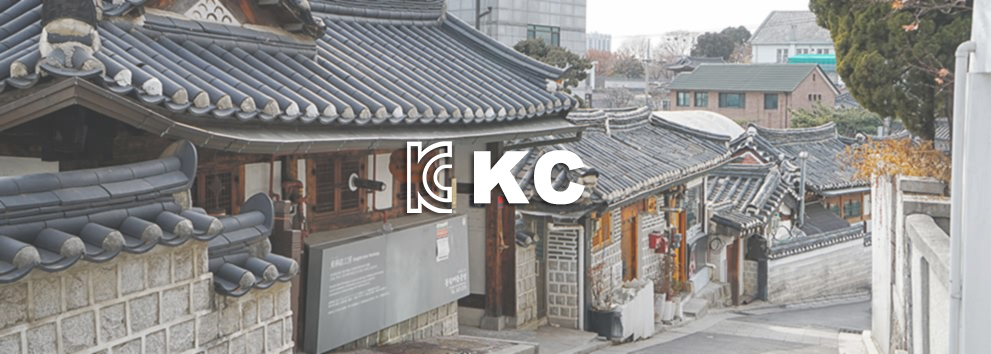The REPUBLIC of Korea shall enforce KC62133-2:20
The REPUBLIC of Korea shall enforce KC62133-2:20,
KC,
▍What is KC?
Since 25th Aug., 2008,Korea Ministry of Knowledge Economy (MKE) announced that the National Standard Committee will conduct a new national unified certification mark — named KC mark replacing Korean Certification during the time between Jul. 2009 and Dec. 2010. Electrical Appliances safety certification scheme (KC Certification) is a mandatory and self-regulatory safety confirmation scheme according to Electrical Appliances Safety Control Act, a scheme which certified safety of manufacture and sale.
The difference between mandatory certification and self-regulatory (voluntary) safety confirmation:
For the safe management of electrical appliances, KC certification is divided into mandatory and self-regulatory (voluntary) safety certifications as the classification of danger of product.The subjects of Mandatory certification is applied to electrical appliances which its structures and methods of application may cause serious dangerous results or obstacle such as fire, electric shock. While the subjects of self-regulatory (voluntary) safety certification is applied to electrical appliances which its structures and methods of application can hardly causes serious dangerous results or obstacle such as fire, electric shock. And the danger and obstacle can be prevented by testing the electrical appliances.
▍Who can apply for KC certification:
All legal persons or individuals both at home and abroad who are engaged in manufacturing, assembly, processing of electrical appliance.
▍Scheme and method of safety certification:
Apply for KC certification with product’s model that can be divided into basic model and series model.
In order to clarify model type and design of electrical appliances, an unique product name will be given according to its different function.
▍ KC certification for Lithium battery
- KC certification standard for lithium battery:KC62133:2019
- Product scope of KC certification for lithium battery
A. Secondary lithium batteries for use in portable application or removable devices
B. Cell is not subject to KC certificate whether for sale or assembled in batteries.
C. For batteries used in energy storage device or UPS (uninterruptible power supply), and their power which is greater than 500Wh are beyond the scope.
D. Battery whose volume energy density is lower than 400Wh/L comes into certification scope since 1st, Apr. 2016.
▍Why MCM?
● MCM keeps a close cooperation with Korean labs, such as KTR (Korea Testing & Research Institute) and is able to offer the best solutions with high cost performance and Value-added service to clients from the point of lead time, testing process, certification cost.
● KC certification for rechargeable lithium battery can be gained by submitting a CB certificate and convert it into KC certificate. As a CBTL under TÜV Rheinland, MCM can offer reports and certificates which can be applied for conversion of KC certificate directly. And the lead time can be shortened if applying CB and KC at the same time. What’s more, the related price will be more favorable.
Recently, Korea Agency for Technology and Standards, KATS issued a notice to begin testing As per KC 62133-2 (2020-07) standard and accept IEC62133-2:2017 CB (KATS2020-0138, 2020.07.21). The notice points are as follows: 1. The new version of KC62133-2:2020, formulated in accordance with the latest IEC 62133-2, will come into effect from this July 21 and be implemented in parallel with the current version of KC62133 (2019-02) until December 31, 2020, after which the old version will be abolished. 2. The KC compulsory certification for rechargeable lithium batteries has been extended to lithium batteries for personal mobility tools (electric skateboard, balance car, electric bicycle, etc.) with a speed below 25km/h, and will be officially implemented on August 1, 2021. The test standard is KC 62133-2: 2020. 3. Rechargeable lithium cells for mobile phones, tablets and laptops that simultaneously meet the maximum charging voltage of 4.4v and the energy density of 700Wh/L or above will be included in the KC mandatory certification range from January 1, 2021, and Type1 certification will be implemented, that is, in addition to the implementation of the test standard KC 62133-2:20, the factory inspection process (a biennial inspection) will also be added. * this type of cell is only used as a Type1 authentication object if both parameters are satisfied.









